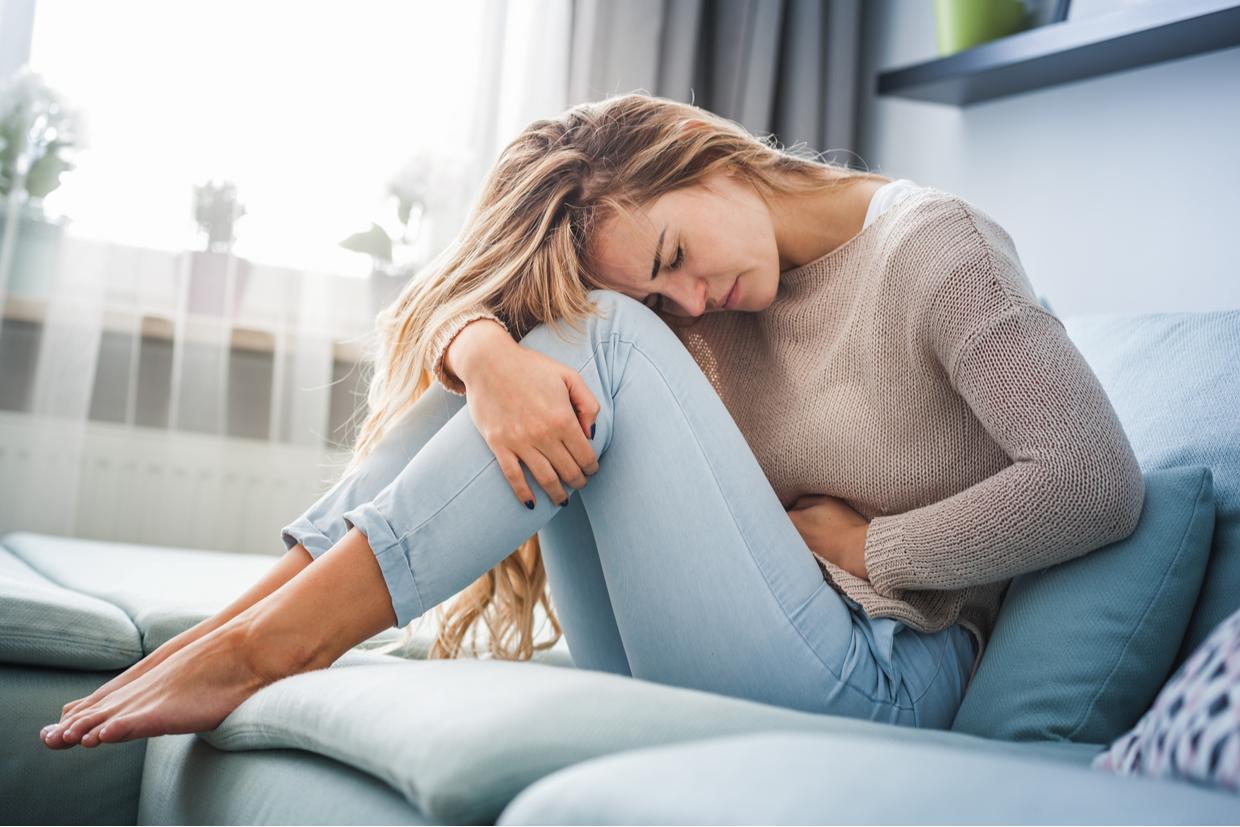- Jun 12,2023
- Posted by: Savion
- Category:

Many home remedies can help alleviate menstrual cramps, including:
Using a warm pad: Using a hot pad on the abdomen or lower back can help relax the uterine muscles because heat promotes blood circulation in the abdomen, which reduces pain.
According to a study, wearing a heat patch to relieve cramps is more effective than taking over-the-counter painkillers that do not require a prescription (OTC).
If you don't have a hot water bottle or a heating pad, you can take a warm bath or use a hot towel, as they help relax the muscles and alleviate cramps.
Abdominal massage with essential oils: Research suggests that massaging the abdomen can relax the pelvic muscles and alleviate cramps.
This can be done by rubbing the abdomen with massage oil, body lotion, or coconut oil for approximately 20 minutes.
Effective oils for reducing menstrual cramps, due to their ability to enhance blood circulation, include lavender oil, cinnamon oil, and clove oil.
Taking over-the-counter medications: According to the American College of Obstetricians and Gynecologists, over-the-counter pain relievers are effective treatments for menstrual cramps.
These medications work best if taken at the first sign of cramps or pain because they reduce the body's production of prostaglandins.
Exercise: Despite being the last thing on women's minds when experiencing menstrual cramps, exercise can help alleviate pain.
According to a recent study, aerobic exercises such as brisk walking, running, swimming, and cycling can prevent or reduce pain caused by menstrual cramps because exercise releases endorphins, the body's natural pain relievers.
Relaxing in a warm bath: Relaxing in a warm bathtub is another way to provide warmth to the pelvic muscles for relaxation.
The pain-relieving effect can be enhanced by adding a few drops of essential oils, such as rose oil, to the bathwater and staying in for at least 15 minutes to maximize its benefits.
- Dietary changes: Making certain changes to the diet can help reduce menstrual cramps. Consuming a diet rich in omega-3 fatty acids, fruits, vegetables, nuts, and low-fat proteins and whole grains helps the body stay healthy.
According to a study, maintaining a low-fat vegetarian diet can alleviate menstrual cramps.
- Avoiding caffeine and salty foods: While dietary supplements can help alleviate menstrual pain, it is also good to avoid certain foods that can cause water retention, bloating, and discomfort, such as unnecessary salt, which can lead to bloating, and caffeine, which can contribute to dehydration.
Maintaining body hydration: If the body is dehydrated, it is more likely to experience abdominal cramps during the menstrual cycle.
Therefore, it is recommended to increase fluid intake, such as water and herbal tea, to help the body stay hydrated.
Drinking 8 cups of water per day or more if the weather is hot or if you engage in physical activity is beneficial.

